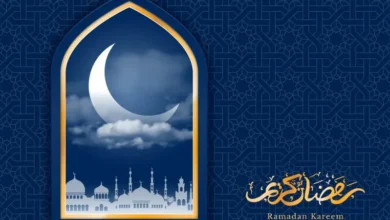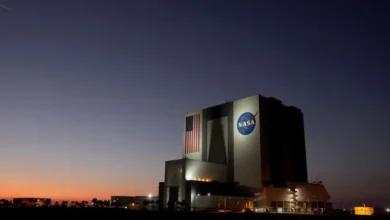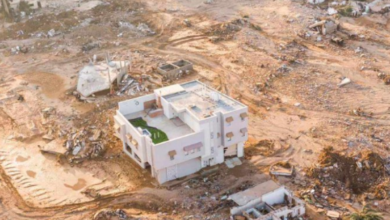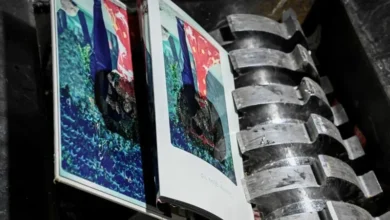Pope condemns enslavement of Africa
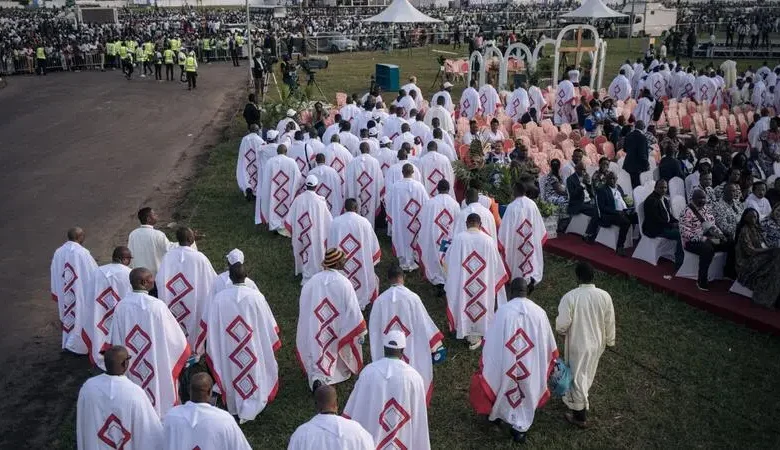
Pope Francis on Tuesday condemned what he termed “economic colonialism” in Africa, on the first day of a trip to the mineral-rich Democratic Republic of Congo.
In a speech at the presidential palace in the capital Kinshasa, Francis suggested the DRC’s history had been braked by conflict and a history of foreign domination.
“Political exploitation gave way to an economic colonialism that was equally enslaving,” the 86-year-old declared, referring to Congo’s history.
“As a result, this country, massively plundered, has not benefited adequately from its immense resources,” he told an audience of Congolese politicians and other dignitaries, speaking in Italian.

Pope Francis (C) back arrives for the mass at the N’Dolo Airport in Kinshasa, Democratic Republic of Congo (DRC), on February 1, 2023. (Photo by Tiziana FABI / AFP)
“Stop choking Africa: It is not a mine to be stripped or a terrain to be plundered,” the Argentinian pontiff added, to applause.
The message will resonate well in the DRC, a vast central African nation of about 100 million people, which won independence from Belgium in 1960.
Despite its vast reserves of minerals, timber and freshwater, the DRC remains one of the poorest countries in the world.
About two-thirds of the population lives on less than $2.15 a day, according to the World Bank.
Conflict also ravages the east of the country, where M23 rebels have captured swathes of territory since late 2021.
Francis, in his speech, encouraged ongoing regional peace efforts and said that “we cannot grow accustomed to the bloodshed that has marked this country for decades.”
He also underlined the importance of “free, transparent and credible elections.”
The DRC is scheduled to hold a presidential election on December 20.
“May no-one be manipulated, much less bought, by those who would foment violence in the country, and exploit it in order to make shameful business deals,” Francis said.
Incumbent President Felix Tshisekedi, who was sitting beside the pope, came to power after a strongly disputed election in 2018.

